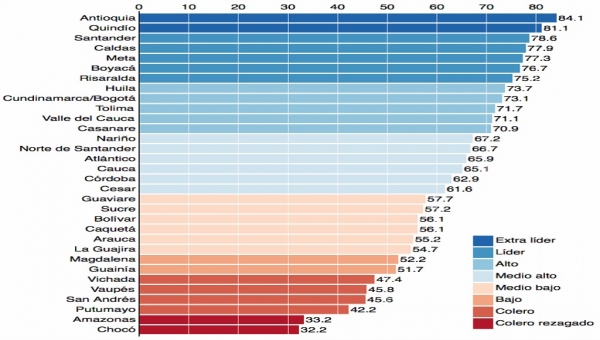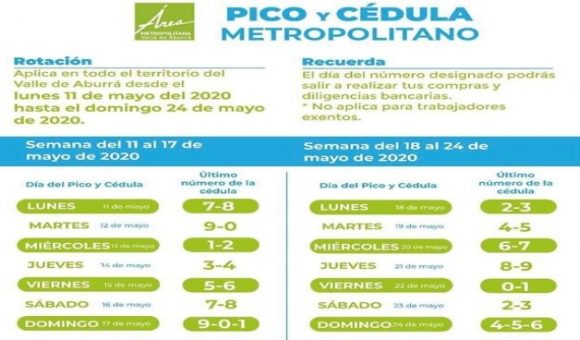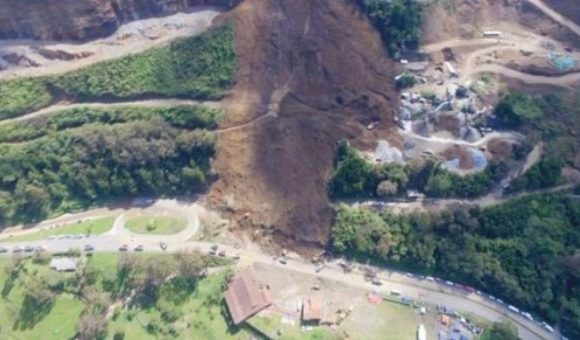Antioquia Outshines All Colombia in Institutional Management, Public Finances

A just released study by the United Nations Economic Commission for Latin America and the Caribbean (Cepal, in Spanish initials) finds that Antioquia continues to surpass all other departments in Colombia for institutional management and public finances.
Antioquia also ranks second (behind Cundinamarca) in over-all “competitiveness,” according to the study. However, the high cost and technical difficulties of building advanced highways in mountainous Antioquia hurts its over-all “competitiveness” ranking in Colombia.
The new “fourth generation” (4G) highway network – for which all contracts have now been issued (see “Antioquia’s ‘Prosperity Highway’ Contracts Now All Finalized,” Medellin Herald, September 23, 2015) – will start to solve this problem over the next five years. But in the meantime, Antioquia has a “stagnant” rating for “infrastructure,” according to the Cepal study.
In terms of economic prowess, Antioquia is ranked as a “leader” in Colombia and has a long-term outlook of “winner,” according to the study.
As for human capital, Antioquia once again is ranked as a “leader,” but its long- and short-term outlook in this category comes-in at a more-modest “stable” ranking.
In science, technology and innovation (STI), Antioquia is ranked as a “leader” with a “winner” outlook over the longer term, and “stable” in the short term, according to Cepal.
“The growing importance of human capital factors and science, technology and innovation redraw the competitiveness of [Colombia’s] departments, and highlight the need for the use of accelerated scientific and technological advances, knowledge and specialization [to achieve] growing positive externalities of innovation,” according to the study.
“The classic triad shaped by the strength of the economy, infrastructure and human capital continue to define two-thirds of ‘competitiveness.’
“Departments with high levels of human capital have simultaneously strongest economies, and greater choice and availability of infrastructure services, and vice-versa,” according to Cepal.
“The less advanced departments [in Colombia] need to build generic and specific dimensions, enabling them to boost development capabilities. Heterogeneity [in these departments] must result from specialization processes that generate new specialties, in order to widen, not narrow, the road to the development of a territory.
“Consequently, it is advisable encourage specializations in a few factors, for the most backward departments.
“Caldas, Valle del Cauca, Santander, Risaralda and Antioquia have less heterogeneity in competitiveness. Consequently, it is advisable to encourage homogeneity” in these departments, according to Cepal.
















